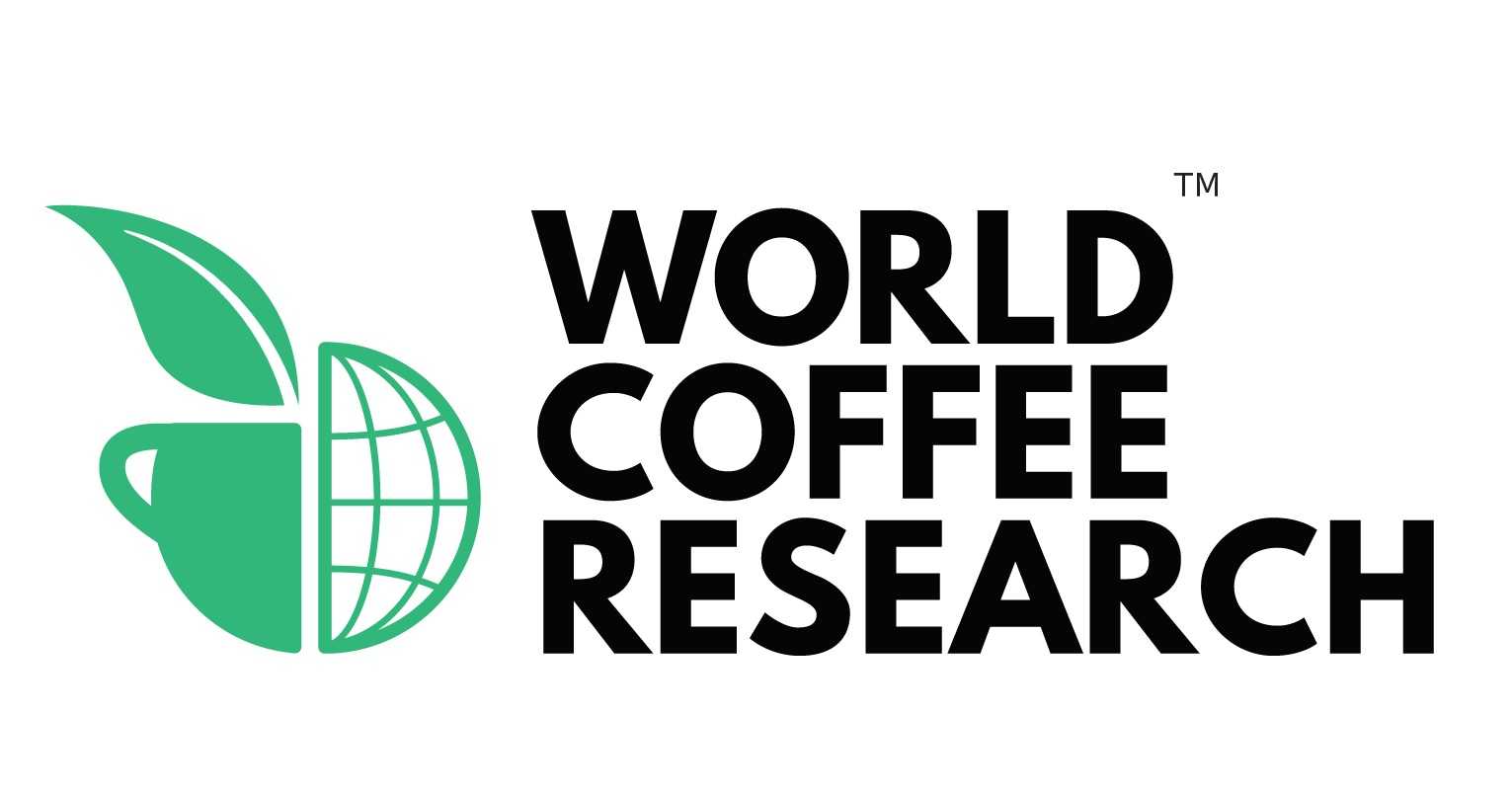MILAN, Italy – The lack of a formal coffee seed sector is one of the most important—and yet largely invisible—problems faced by the global coffee industry. This month, World Coffee Research (WCR) released a new technical report assessing seed sources in El Salvador, Guatemala, Honduras, Nicaragua, and Peru through a multi-factor, multi-location analysis of the landscape for accessibility to seed supply and quality assurance of planting material in these countries.
The new report by World Coffee Research
The report and results therein underscore the overall importance of building infrastructure for a formal coffee seed sector in Latin America and other coffee-producing regions—such infrastructure would provide key support to farmers in making planting material that is genetically conforming and of high quality both available and accessible.
“Improved varieties support successful production for farmers and help secure supply for the industry,” notes Dr. Vern Long, Chief Executive Officer of WCR. “With many competing challenges facing coffee, it’s exciting to showcase the concrete steps our partners have taken to tackle quality assurance in planting material distribution systems. These efforts make quality seed more accessible and ensure that farmers can have confidence in the coffee trees they plant today—and can count on them to perform as expected in the decades ahead.”
Through the United States Department of Agriculture (USDA)-funded Maximizing Opportunities in Cacao and Coffee in the Americas (MOCCA) program, WCR undertook activities to strengthen the seed sector for Arabica coffee across 5 major coffee-producing countries in Latin America, including El Salvador, Guatemala, Honduras, Nicaragua, and Peru.
These activities helped WCR identify sector needs and training requirements for GAPs for growers as well as the current genetic quality of planting materials accessible to Arabica coffee farmers across these countries. This information has also helped identify the current genetic quality of planting materials accessible to coffee farmers in the region.
“Previously, we had a sense that genetic contamination was happening in Arabica plantations in the region,” said Emilia Umaña, WCR’s Nursery Development Program Manager, “The data found through this work create a window to look at this situation in a more proactive manner—we can better understand the consequences of not implementing GAPs that are specific for coffee seed production and, even more importantly, we can find and promote the best seed sources available.”
In total, WCR surveyed 52 seed plantations in 2023 and genotyped leaf samples to assess the genetic conformity of their plants. WCR also supported the cleanup of 22 lots that had previously undergone a genetic assessment to eliminate plants that did not meet the genetic criteria for each given variety.
WCR’s resulting report highlights the findings from these activities to evaluate the practices and materials of local seed lots and plantations, identify promising seed sources, and improve nursery operations in these countries.
Key findings of this report include:
- Over 36% of participating seed lots had very high rates of genetic noncompliance, with 50% or fewer tested trees showing genetic conformity. Trees grown from these materials will not have the performance and characteristics sought by growers.
- Only 26% of seed lots had high rates of genetic conformity of 90% or higher. Three coffee varieties showed higher levels of compliance (i.e., Anacafe 14, Parainema, and Marsellesa) and seed lots that focused on producing them tended to have more true-to-type materials.
- Even when genetic conformity was present, seed plantations still didn’t always follow good agricultural practices for seed production, such as isolation to avoid cross-pollination, traceability protocols, and adequate storage, putting their seeds at risk of contamination.
- Structural challenges like the lack of official certification tools, low profitability as many producers are not willing to pay more for quality, and limited access to technical assistance for seed production all hold seed growers back.
This report includes the methodologies used to reach these findings as well as country-specific findings that can inform current and future activities to strengthen the coffee value chain in Latin America. WCR releases this report with the goal of unlocking benefits for local small-scale growers as well as coffee businesses and consumers around the world.















